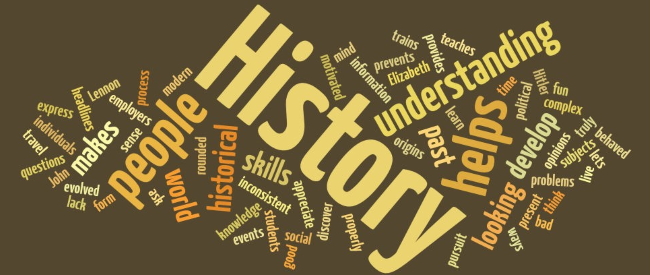
History at Summerbank
Our Curriculum Intent
History helps to engage, inspire and challenge pupils, provoking and providing the answers to questions about the past and its links and differences to the present. History is about understanding events in the past and identifying and considering reasons for the changes and how the lives of people were affected throughout these changes. It is an aspect of the curriculum where historical, geographical and social perspectives work together to help children understand that the present is shaped by the past. Our integrated approach provides History teaching and learning that is an enjoyable, creative and stimulating experience for pupils. Teachers and children work together as a collaboration, listening, responding and forming discussions together to explore and investigate through historical enquiry. Children are challenged through the curriculum to have a passion for history and an independent ethos that provides them with the desire and skills to continue to develop as strong, independent and fascinated historians as they are eager to further their historical development and knowledge beyond Summerbank.
The history curriculum at Summerbank draws from and makes full use of the immediate and wider local area, enabling children to develop a deep understanding of the rich history of their locality. Topics are informed by the national curriculum and are sensitive to children’s interests, as well as the context of the local area. The history curriculum at Summerbank is carefully planned and structured to ensure that current learning is linked to previous learning and that the school’s approaches are informed by current pedagogy. In line with the national curriculum 2014, the curriculum at Summerbank aims to ensure that all pupils:
- Understand and can apply chronology both in Britain and across the world
- Can analyse historical concepts and applications using and understanding the concepts of Continuity and Change; Cause and Consequence; Similarity and Difference
- Are able to interpret historical sources taking meaning, understanding and interpretations from this
- Develop, build and complete historical enquiries to explore and understand the historical reasoning in depth
- Build a breadth of historical knowledge that spans from ancient civilisations to modern history ranging from local and national to international historical events and periods
We help our children to develop an understanding of how the history of our locality links to wider historical perspectives through a question and enquiry-based approach that progressively introduces a range of content under five key concepts. These are introduced through a range of contexts which is either a locality link or through the study of a key fiction text linked to the time, where possible we exploit both. We seek to inspire in children a curiosity and fascination about the world and its people which will remain with them for the rest of their lives, equipping them well for further education and beyond. Children develop through the curriculum to have a passion for history and an independent ethos that provides them with the desire and skills to continue to develop geographically beyond Summerbank.
By teaching History, we aim to ensure pupils:
- Produce creative work, exploring their ideas and recording their experiences.
- Become proficient in understanding and applying chronological knowledge
- Can evaluate, analyse and interpret historical sources
- Know, understand and make links across history looking at Continuity and Change; Cause and Consequence; Similarity and Difference
- Enjoy an active involvement in history.
- Have the confidence, skills, knowledge and independence to communicate their ideas through their range of historic work
- Have opportunities to experience a broad and balanced range of historic activities and show progression within these.
- Build an expansive knowledge of history ranging from modern history to the ancient civilisations
- Are given equal access to the experience of history, regardless of their gender, race or disability
Mapping of Content
We use the National Curriculum as the basis of our planning, defining the four concepts and content that we engage the children with History Skills (Chronology and Understanding, Continuity and Change/ Cause and Consequence, Historical Enquiry and Historical Understanding). These are supported by the substantive knowledge concepts that underpin all year groups (Power, Civilisation, Trade, Beliefs). We select meaningful contexts to ensure the learning progresses and expands over time. The curriculum where possible links and is applied within the locality and local studies with each year group progressively building on the next to make connections and build the ‘sticky knowledge’ the children have.
Timetabling
History is taught for three half terms across the year. There are four key concepts across each year which are taught within this time. Teachers use the medium term planning alongside adaptations from adaptive teaching to ensure children to ensure children have the opportunity to develop a secure understanding of History.
A Curriculum for Summerbank
To support children in knowing more and remembering more, the History curriculum draws upon a number of our Curriculum Drivers.
Connections to the art curriculum and the artists studied to broaden the knowledge further. Links with English especially through the use of evidence and support and the poetry and stories explored.
Use of Story where appropriate provides the context to secure and develop the knowledge of the children, providing the children with the opportunity to immerse themselves in the curriculum.
Communication, Language & Vocabulary – Vocabulary is a key aspect of the History curriculum, teachers know and understand the vocabulary requirements needed within their own year groups as well as the vocabulary the children already understand and this is used to build the understanding. Vocabulary is explicitly taught and given a range of contexts in application to secure a in depth understanding of the language and how to communicate and use it.
Knowledge of the World – Educational visits are used in each term to apply learning in the real world.
